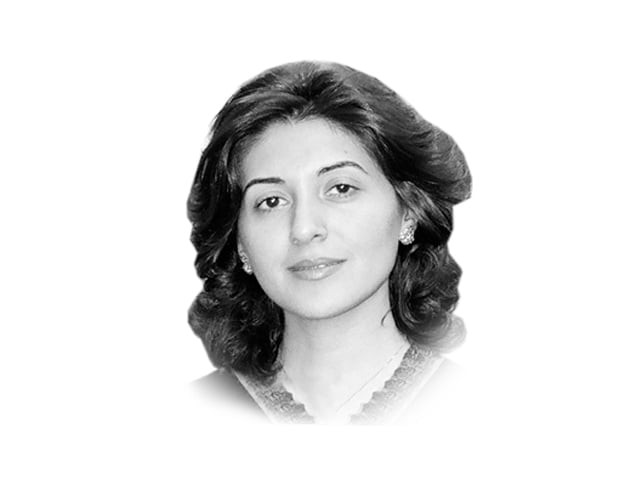Burqa ban and women’s rights
As such Dr Hargey insists that the burqa is a tribal custom and not an Islamic mandate.

Far greater numbers of Muslim women are denied not just the right to dress as they choose, but the right to study, work, vote, inherit and generally be treated with respect and equality. The recent Mukhtaran Mai verdict is a testament to the uphill battle that women’s rights advocates face in Pakistan. In an excellently worded statement by the National Commission on the Status of Women in Pakistan, the need for greater female representation in the judiciary is stressed. Greater numbers of women judges and police officers may be more beneficial than reserved women’s seats in parliament, as many women parliamentarians remain beholden to the tribal, feudal and rigid familial ties that have made their entry to the legislature possible, and are thus limited in what they can do for disadvantaged women. Preventing sexual harassment, in addition to rape, is a key issue, however. Speak to women across Pakistan about their experiences on public transport and they will tell you what they suffer through just to get to work. Perhaps one way to address the issue is to provide women-only buses, as Mexico City has done. Yet the custodians of our public morality will shy away from segregation when it could be used to enable women but espouse it only to disable women.
To top it off, there is an obsession to compete with the West and to use uncorroborated evidence while doing so. During the course of the Hudood Law debate, I distinctly remember one female member of parliament claim that there were hundreds of rapes every five seconds in America, a claim that a famous anchor recently repeated. I am not sure where they are getting their information from but the truth is that rape is a severely under- reported crime all over the world. It takes a lot of courage for a woman to come forward and volunteer herself for intrusive medical examinations and risk public loss of face to prove a rape claim. Once a woman has taken such a bold step, every effort must be made to ensure that the process does not preclude justice and, in this regard, if we can learn from countries that have ensured this process better than we have, we will only be doing the right thing. In America, for instance, there are ‘rape shield laws’ that ensure that a woman’s reputation is not used to tarnish her claim of rape or influence the jury’s verdict.
In the case of the burqa, as Dr Taj Hargey, an imam in Oxford, notes, if Islam mandated a garment in which nothing can be seen, why would the Holy Quran ask men to lower their gaze and guard against that which attracts them? If the burqa was the prescribed dress then there would be nothing left to attract men. As such Dr Hargey insists that the burqa is a tribal custom and not an Islamic mandate. If we really are serious about women’s rights and humane values, we must work towards an enabling and just environment for the women of Pakistan.
Published in The Express Tribune, May 2nd, 2011.














COMMENTS
Comments are moderated and generally will be posted if they are on-topic and not abusive.
For more information, please see our Comments FAQ